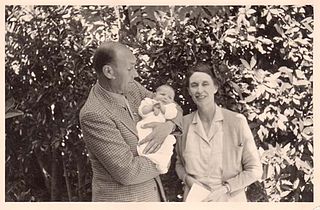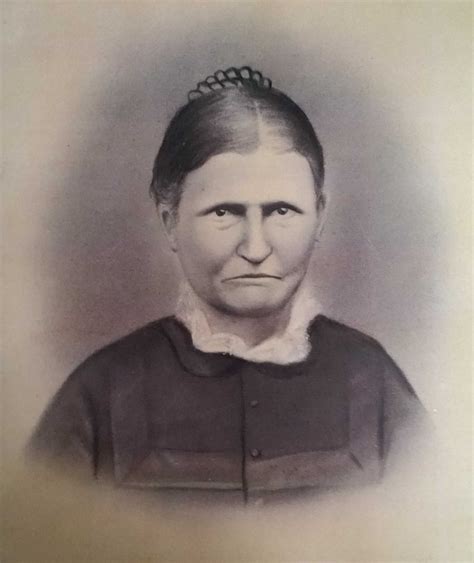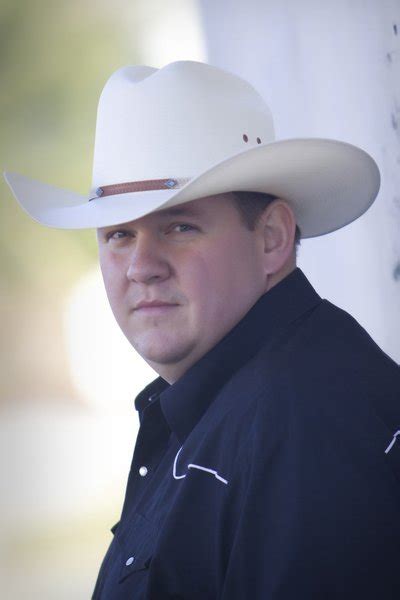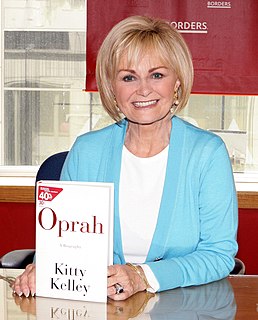A Quote by Jose Ortega y Gasset
Biography - a system in which the contradictions of a human life are unified.
Quote Topics
Related Quotes
Of all the systems - if indeed a bundle of contradictions and absurdities may be called a system - which human nature in its moments of intoxication has produced, that which men have contrived with a view to forming the minds and regulating the conduct of women, is perhaps the most completely absurd.
Capitalism is a powerful producer of output, crisis-mongering on the left notwithstanding, and this too makes the system seem to have a lot of promise. This is why it is so important to agitate against the system in good times and bad. We can't depend on some super crisis to get folks thinking but instead have to focus on all of the contradictions of the system which cannot be ultimately resolved by it.
Biography always has fulfiled this role. Robinson Crusoe is a biography, as is Tom Jones. You can go through the whole range of the novel, and you will find it is biography. The only difference between one example and the other is that sometimes it's a partial biography and sometimes it's a total biography. Clarissa, for example, is a partial biography of Clarissa and a partial biography of Lovelace. In other words, it doesn't follow Lovelace from when he is in the cradle, though it takes him to the grave.
Europe has lived on its contradictions, flourished on its differences, and, constantly transcending itself thereby, has created a civilization on which the whole world depends even when rejecting it. This is why I do not believe in a Europe unified under the weight of an ideology or of a technocracy that overlooked these differences.
[Albert Camus] also says that nothing is true which forces exclusion. From that, you're obliged to accept contradictions if you don't want to reject certain obvious things about life, certain evidences. If you create a system, and you say 'here there is truth', in that kind of pathway [chemin], then you'll evacuate all the other pathways and you'll kill life. It's up to each individual.
In conscious life, we achieve some sense of ourselves as reasonably unified, coherent selves, and without this action would be impossible. But all this is merely at the 'imaginary' level of the ego, which is no more than the tip of the iceberg of the human subject known to psychoanalysis. The ego is function or effect of a subject which is always dispersed, never identical with itself, strung out along the chains of the discourses which constitute it.
In the vocabulary of certain radical theorists contradictions are given the status of some deadly disease to which their opponents alone can succumb. But contradictions are the very stuff of life. If there had been a little dash of contradiction among the Gadarene swine some of them might have been saved from drowning.
Human social life, I suggest, is the magma that erupts and builds up, so to speak, at the fault lines where natural human capacities meet and grind against and over natural human limitations…. This meeting of powers and limitations produces a creative, dynamic tension and energy that generates and fuels the making of human social life and social structures…. It is real human persons living through the tensions of natural existential contradictions who construct patterned social meanings, interactions, institutions, and structures.







































